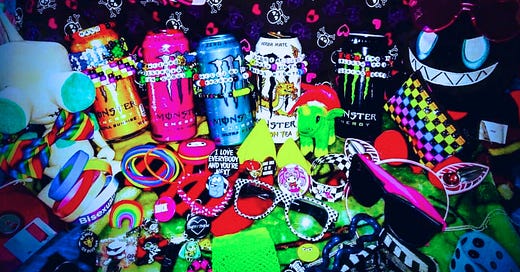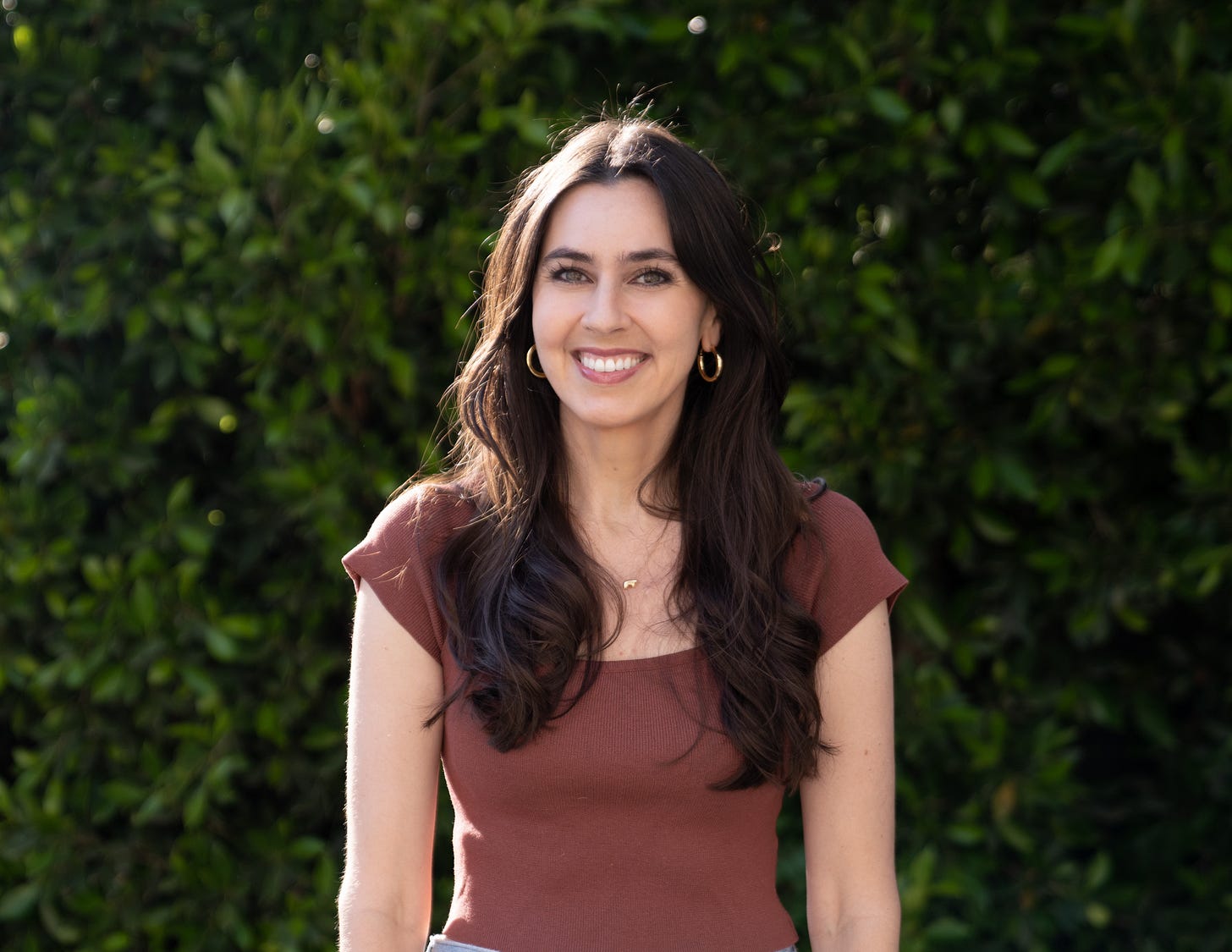The Culture Journalist is a podcast about culture in the age of platforms. Episodes drop every other week, but if you want the full experience — including bonus episodes, culture recommendations, and our eternal parasocial friendship — we recommend signing up for a paid subscription. All earnings go back into making the show.
Six months ago, Goldman Sachs published some research valuing the creator economy at $250 billion — a number they say could roughly double over the next five years. But it also found that just 4 percent of creators are considered “professionals,” meaning they pull in more than $100k per year. (Sound familiar?) As Google, Meta, and Amazon square off with regulators over their ownership of more or less everything we do online, it’s easy to forget about the little guy propping this whole thing up: the everyday users who are populating these platforms with all the content.
But not Taylor Lorenz. She’s one of the world’s biggest experts on the history of social media (maybe you’ve heard of her) and a tech and culture columnist for The Washington Post. Taylor has been covering internet culture since before it was considered a beat. Now, that beat is her book: Extremely Online: The Untold Story of Fame, Influence, and Power on the Internet charts the rise of the online creator as a new class of creative worker, from early ‘00s mommy bloggers and MySpace “scene queens” to the Instagram influencers and TikTok stars of the present.
You can think of it as a people’s history of the creator economy, with a special focus on how platforms are shaped by the everyday people who use them — even as the aforementioned tech companies make it excruciatingly difficult for anyone else to reap the rewards. It’s a perspective that often gets lost in the mainstream technology press, which tends to give founders all of the credit for innovation.
To figure out how we got here, we invited Taylor on to join us for a little trip down memory lane, back to a time when selfies (and bangs) were more angled, the web was less aggressively commercial, and surfing the web was more about seeking out the information you needed — not just consuming whatever your timeline happened to spoon up. Pals, we’re talking about the early days of social media — and how platforms like Friendster, MySpace, and even early Facebook and Tumblr laid the foundation for the creator economy as we know it today, while shaping the youth culture of the 2000s and early 2010s.
We chat about the aesthetics of the MySpace era, the genesis of the modern creator, and the turning points in early social media that got us to where we are now. Along the way, we discuss whether it’s still possible to see social media as a democratizing force, or if it creates new winners and losers — and why, nearly 20 years after the Facebook newsfeed made everybody’s personal business public, users are retreating into closed communities again.
Buy Extremely Online
Follow Taylor on Substack, Instagram (+ good meme account!), and X (or Twitter or whatever)
Read more:
Taylor’s column at The Washington Post
“Content creators surge past legacy media as news hits a tipping point” by Taylor Lorenz
“From mommy bloggers to TikTok stars: How creators built a $250B industry” by Drew Harwell and Taylor Lorenz
“Millions work as content creators. In official records, they barely exist.” by Drew Harwell and Taylor Lorenz
















Share this post